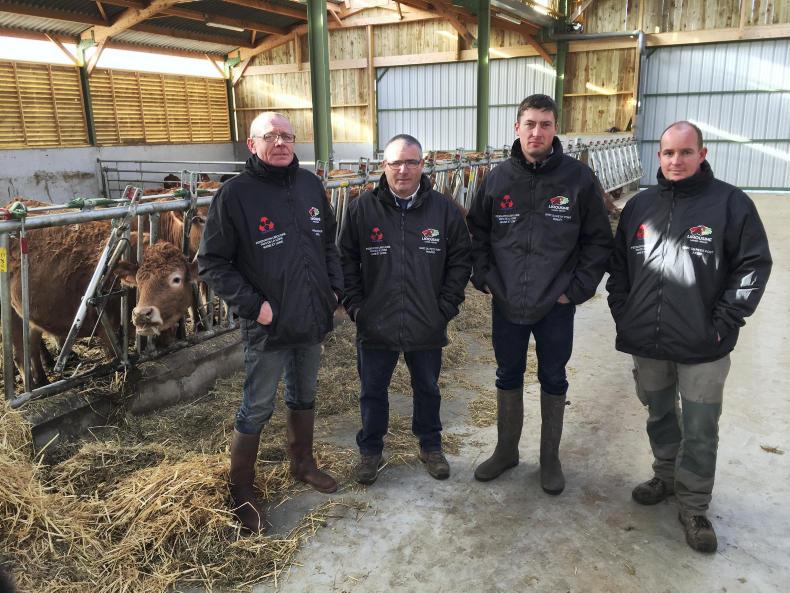In a letter received by the French government on Friday, the USDA acknowledged the equivalence of standards between French and US beef processing plants. In theory, this means that French beef is now allowed into the US for the first time in 19 years – in practice, this opens the painstaking process Ireland went through to get individual factories approved for specific categories of after getting access to the US two years ago.
European Commissioners for Agriculture Phil Hogan, Trade Cecilia Malmström, and Health and Food Safety Vytenis Andriukaitis have welcomed the lifting of the US beef embargo on the fourth EU member state after Ireland, Lithuania and the Netherlands. They said the move illustrates the success of efforts to eradicate BSE in the EU.
After discussions on the proposed Transatlantic Trade and Investment Partnership (TTIP) free-trade agreement between the EU and the US stalled last year, the Commissioners added: “This US decision clearly shows what we can achieve through an open and constructive relationship with one of our most important trading partners.”
Hormone dispute
This view is not shared by all in France, however. Jean-Pierre Fleury, the beef chair of the leading FNSEA farmers’ union, tweeted that the US announcement was “good news” but had to be “watched closely” as the US revived its dormant trade dispute with the EU over hormone-treated beef just before Christmas.
Levée embargo USA viande française bonne nouvelle Hasard les USA dénoncent mémorandum hormones il y a un mois affaire à suivre de près
— Jean-Pierre Fleury (@FleuryJean) January 13, 2017
French media reports show a widely shared opinion that the US could be lifting the BSE ban now in an attempt to bring Paris on side as the EU is due to adopt a unified position in response to the hormone issue next week.
On-farm reaction
There was also a prudent reaction on the French beef farm visited by Irish farmers from the Co Cork  Kilnamartyra discussion group this week. “It can only be good news and pull the market upwards – it will be most beneficial to those producing standard-spec cattle from Charolais herds,” said Benoît Bruneau (pictured, second from right), one of the four partners in the Petit-Pont Limousin herd in Montreuil-sur-Loir.
Kilnamartyra discussion group this week. “It can only be good news and pull the market upwards – it will be most beneficial to those producing standard-spec cattle from Charolais herds,” said Benoît Bruneau (pictured, second from right), one of the four partners in the Petit-Pont Limousin herd in Montreuil-sur-Loir.
Then he sounded a note of caution: “I heard an industry representative say that the Irish were hoping for 24,000t and only got 1,000t through. The challenge is to make it happen concretely.”






 This is a subscriber-only article
This is a subscriber-only article











SHARING OPTIONS: